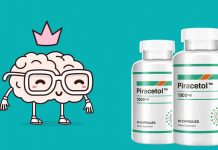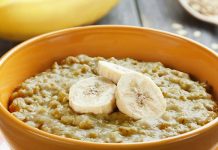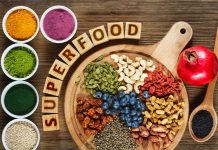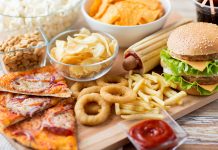
It is common to feel cravings for certain foods when you start a new diet, or even if you’ve been managing what you eat for a long time.
Food causes our bodies to release comforting hormones such as dopamine, and it is inextricably linked to our brains’ reward pathways. These same reward pathways are responsible for substance addiction, which tells you how powerful they are.
What do we do for people when they are mourning someone who has passed away? We bring them food. What do we do to celebrate birthdays or personal and professional achievements? We eat huge dinners and decadent desserts. We associate food with intense emotional states, further reinforcing these reward pathways.
Food gives us comfort, and resisting our bodies’ desires to eat foods that have given us comfort in the past can be incredibly difficult.
The foods we most often crave are high in calories and fat and low on nutritional value. That plate of nachos or bowl of ice cream can cost you hundreds or even thousands of calories. Little indulgences add up. It’s much easier to abstain from the foods you crave than it is to burn the calories and fat that come from eating them.
Nutritional Deficiencies
Knowing what your body is trying to signal to you when it craves a specific type of food can help you to avoid feeling cravings in the first place. Cravings often point to some deficiency in your diet. If you often find yourself craving cheese or other dairy products, you may have a calcium deficiency. Taking a calcium supplement can help in the long term to alleviate these cravings. In fact, cravings of this type are most often related to a mineral deficiency, so taking a mineral supplement can improve your overall health and keep away the food cravings that are driving you toward the fridge.
Also read: Unique formula of all-natural fat burner Thermakor >>
Emotionally-Triggered Cravings
What is most common, however, are cravings triggered by emotions. You may feel cravings for foods when you feel sad, bored, upset or even when you are happy. Regulating your emotional state can help to stop cravings before they begin.

Stress is one of the most common causes of food cravings. Keeping your levels of stress down will result in fewer cravings, and it will improve your overall health. There are many ways to de-stress. Adding yoga or meditation to your off days can help you decompress from work or school. Channeling your stress into more positive activities such as exercise can distract you from your cravings. Exercise releases the same endorphins that food does. Taking a walk is much more productive than eating a brownie.
Compromising In The Kitchen
Eating foods that are similar to the food you are craving can also help. By substituting lower-fat ingredients, you can approximate the higher-calorie foods. Instead of eating pizza, spread some pizza sauce, low-fat mozzarella cheese and vegetable toppings onto an English muffin and toast it in the oven for five minutes. You can also eat things like granola bars instead of cookies, mixed nuts instead of crisps or baked fruits instead of cake. It takes some willpower and creativity, but it is worth not having to deviate from your diet plan.
Giving into your cravings now makes it more likely you will do the same thing next time you have a craving. Cravings eventually subside as your body learns to function without the foods you sometimes crave. Sugary foods, fast food and pre-packaged foods are all addictive, making us dependent on them. You have to withdraw from sugar in the same way you have to withdraw from tobacco.
Advertisements are always present to make sure we continue to associate these addictive foods with a more relaxed emotional state. The change in habits is not easy to maintain. However, you were not always dependent on the foods you crave, so it is possible for you to deny your cravings with healthier choices.
Also read: Powerful testosterone and libido booster Test Stack no. 17 >>
























